-
990425zoe ha inviato un aggiornamento 2 anni, 6 mesi fa
PPGIPPGI is pre-painted galvanised iron, also known as pre-coated steel, coil coated steel, color coated steel etc., typically with a hot dip zinc coated steel substrate. The term is an extension of GI which is a traditional abbreviation for Galvanized Iron. Today the term GI typically refers to essentially pure zinc (>99%) continuously hot dip coated steel, as opposed to batch dip processes. PPGI refers to factory pre-painted zinc coated steel, where the steel is painted before forming, as opposed to post painting which occurs after forming. The hot dip metallic coating process is also used to manufacture steel sheet and coil with coatings of aluminium, or alloy coatings of zinc/aluminium, zinc/iron and zinc/aluminium/magnesium which may also be factory pre-painted. While GI may sometimes be used as a collective term for various hot dip metallic coated steels, it more precisely refers only to zinc coated steel. Similarly, PPGI may sometimes be used as a general term for a range of metallic coated steels that have been pre-painted, but more often refers more precisely to pre-painted zinc coated steel. Zinc coated steel substrate for PPGI is typically produced on a continuous galvanizing line (CGL). The CGL may include a painting section after the hot dip galvanising section, or more commonly the metallic coated substrate in coil form is processed on a separate continuous paint line (CPL). Metallic coated steel is cleaned, pre-treated, applied with various layers of organic coatings which can be paints, vinyl dispersions, or laminates. The continuous process used to apply these coatings is often referred to as Coil Coating. The steel thus produced in this process is a prepainted, prefinished and ready for further processing into finished products or components. to use material. The coil coating process may be used for other substrates such as aluminium, or aluminium, stainless steel or alloy coated steel other than “pure” zinc coated steel. However, only “pure” zinc coated steel is typically referred to as PPGI. For example, PPGL may be used for pre-painted 55%Al/Zn alloy-coated steel (pre-painted GALVALUME(r) steel*). Over 30 million tons of such coated steel is produced today in over 300 coating lines just in Boxing which is a little county in North of China. In addition, it can also be made into flower PPGI.
Usually PPGI refers to PPGI Coil (color-coated galvanized coil), PPGI Sheet (color-coated galvanized sheet) and other steel products. It is based on the galvanized roll with a certain technology and then covered with colored paint to give the product more colors, and this colorful and beautiful surface makes it more widely used. For galvanized rolls, the sheet steel is immersed in a molten zinc bath to make a sheet of zinc coated on its surface. It is mainly produced by continuous galvanizing process, that is, the rolled steel plate is continuously immersed in a plating tank with zinc melted to make galvanized steel plate; alloyed galvanized steel plate. This kind of steel plate is also manufactured by hot dip method, but immediately after being out of the tank, it is heated to about 500 ℃ to form an alloy coating of zinc and iron. This galvanized coil has good paint adhesion and weldability. (1) The galvanized layer is passivated to reduce the occurrence of rust (white rust) under the storage and transportation conditions of high humidity and temperature. However, the corrosion resistance of this chemical treatment is limited and, moreover, hinders the adhesion of most coatings. This treatment is generally not used in zinc-iron alloy coatings. Except for the smooth surface, as a routine, other types of galvanized coatings are passivated by the manufacturer; (2) Oiling can reduce the corrosion of steel plates under wet storage and transportation conditions, and re-coating the steel plates and steel strips after passivation treatment with oil will further reduce the corrosion under wet storage conditions. The oil layer should be able to be removed with a degreaser that does not damage the zinc layer; (3) An additional anti-corrosion effect, especially fingerprint resistance, can be provided by applying a very thin transparent organic coating film. Improves lubricity during molding and acts as an adherent primer for subsequent coats; (4) Through phosphating treatment, galvanized steel sheets of various coating types can be coated without further treatment except for normal cleaning. This treatment can improve the adhesion and corrosion resistance of the coating and reduce the risk of corrosion during storage and transportation. After phosphating, it can be used with a suitable lubricant to improve the molding properties.
